Ethanol Blends Are Wreaking Havoc on Small Engines
To the surprise of… absolutely no one… news outlets are now picking up the stories of ethanol users finding their equipment damaged by the biofuel....
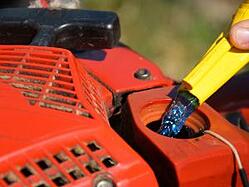
Many kinds of motorcycles, scooters, ATVs, and go-karts have something in common with lawn mowers, generators and many other smaller machines – they’re all considered to be small engines. Think about all these different machines and how many of them there are out there in the United States – Briggs and Stratton alone makes over 9 million small engines per year, and they’re just one manufacturer. So there’s a lot of them out there, but they’re not all the same.
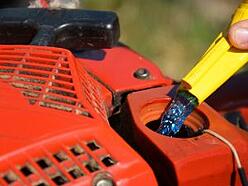 As we’re heading into summer, it’s very likely that you’re going to be breaking your small engine out of its winter/spring hibernation and getting it ready for summer use. Small engines need to run well on their fuel just as much as cars and trucks do. But given the different kinds of small engines out there, different machines have different susceptibilities to different kinds of fuel problems.
As we’re heading into summer, it’s very likely that you’re going to be breaking your small engine out of its winter/spring hibernation and getting it ready for summer use. Small engines need to run well on their fuel just as much as cars and trucks do. But given the different kinds of small engines out there, different machines have different susceptibilities to different kinds of fuel problems.
At its heart, a small engine is one of a wide range of small-displacement, low-powered engines that are mostly single-cylinder with a few V-twin and rotary engine design exceptions. Small displacement refers to the amount of volume inside the cylinder or cylinders of the engine, taking into account both the length or width of the cylinders. The smallest displacement engines go to the handheld gardening equipment class like weedeaters and chainsaws, whose displacement can be as small is 1.5 cubic inches (25 cc). The fact that they’re small, with the smallest displacement ratings, leads to them having less power output, usually not more than 15 horsepower. It also means they use less fuel than larger engines, since the displacement volume governs how much fuel must be drawn into a cylinder for the engine to run and maintain power.
Other features that may delineate different kinds of small engines include:
Different kinds of small engines skew towards different kinds of fuel problems. Or better put, fuel can adversely affect them in different ways. If you have a small generator, the fuel problems you might incur there will be different from the fuel problems you might expect with your weed eater or lawn mower.
These are the smallest engines and tend to have rubber and plastic parts that are more susceptible to the effects of ethanol damage than other types of engines. Ethanol damage doesn’t affect generators nearly as much as it does with these smaller engine units.
The other parts that are susceptible to fuel issues in these types of units are the carburetors. Again, because of some of the materials, they can become damaged from ethanol exposure, as well as seeing deposits and buildup that the fuel may carry from other areas of the fuel system. This includes rust and corrosion that ethanol causes with metal parts in the fuel system. These will often show up in the carburetor bowl as a white powder that clogs carburetor jets, if they don't end up in the combustion cylinder.
In either of these cases, if these become damaged, they will have to be replaced or the unit won’t run. Herein lies the problem with buying really inexpensive lawn equipment from big box stores. Many of these cheap units don’t have replacement parts available. So if they break down, you’re less likely to be able to repair them, unless you want to take them to a repair shop where the repair cost may be as much as the unit itself costs.
For these small engines, the biggest need is to prevent the fuel from adversely interacting with rubber and plastic parts; secondarily, you need to keep fuel areas clean and free from deposit buildup. So you want to use a fuel treatment that protects against ethanol damage (usually with some kind of fuel-soluble protectant that also prevents metal corrosion) while providing detergency to remove deposits and keep dissolved components suspended in the fuel so they can be burned.
Generators differ most from small handheld engines in that they are more likely to be fuel injected. Generators are also made with more advanced and durable materials when it comes to their fuel systems. This means they’re not in as much danger from ethanol damage (for the gas-powered generators).
The biggest fuel problems generators face are microbial and performance-based. Generators are more likely to use fuel that’s been around for a while; that just makes sense given the nature of what they’re called upon to do – perform their duties at an unspecified time in the future that nobody knows. Any fuel designated for generator use, whether gas or diesel, needs to be monitored over time to make sure it’s not developing microbial growth. For gas-powered generators, people used to think microbes didn’t grow in gasoline because the smaller gas components were toxic to microbes. We’re not sure why this line of thought persisted, but it’s not really true. Gas-powered generators face microbial fuel dangers in the same way that diesel generators do.
For gas and diesel generators, their biggest needs are fuel stability and microbial control. Fuel biocides are now standard operating procedure for fuel maintenance, which means if you rely on your generator to maintain its availability, you need to seriously consider treating whatever generator fuel you keep around with biocide, at least on a quarterly basis.
If you’re keeping diesel fuel around for longer than a few months, be sure to put a fuel stabilizer in it. Not all stabilizers are created equal – the most effective ones have a combination of ingredients to include both antioxidants (to stop chemical reactions) and dispersants (to keep particulates from growing bigger and dropping out of the fuel). Unstable fuel is a serious hindrance to proper small engine generator operation. Head it off at the pass with a stabilizer.
The biggest danger to lawn mower small engines is the effect that water absorption has on lubrication. For gas lawn mowers that use a fuel-oil mix, the water that the gas wants to absorb can prevent optimal lubrication by the oil that mixed into the fuel. That’s a recipe for mower-killing engine damage. And not only will water hurt the engine’s lubrication, it can also contribute to rust formation and corrosion. It’s not uncommon for small engine repair shops to have to deal with rust in gas tanks.
For both of these issues, the best solution is a fuel treatment that helps the fuel deal with the inevitable problem of ethanol water absorption. There are fuel additives that improve the fuel’s ability to dissolve water from the atmosphere without breaking into phase separation. In these cases, the treated fuel can dissolve more water than untreated fuel, and dissolved water doesn’t have these kind of damaging effects to the small engine.
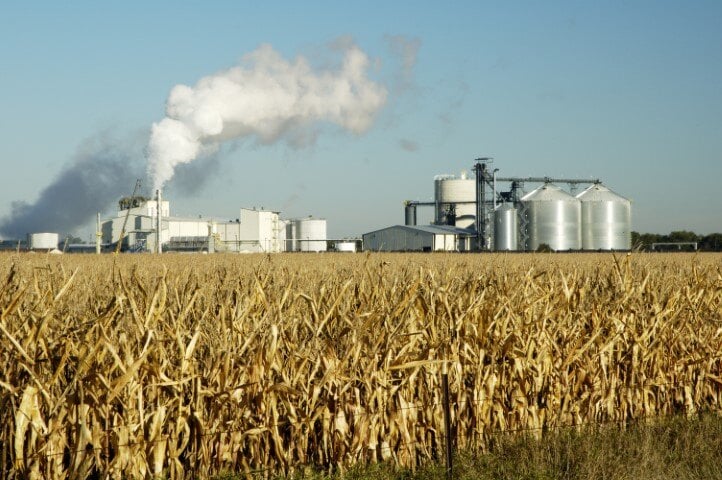
To the surprise of… absolutely no one… news outlets are now picking up the stories of ethanol users finding their equipment damaged by the biofuel....
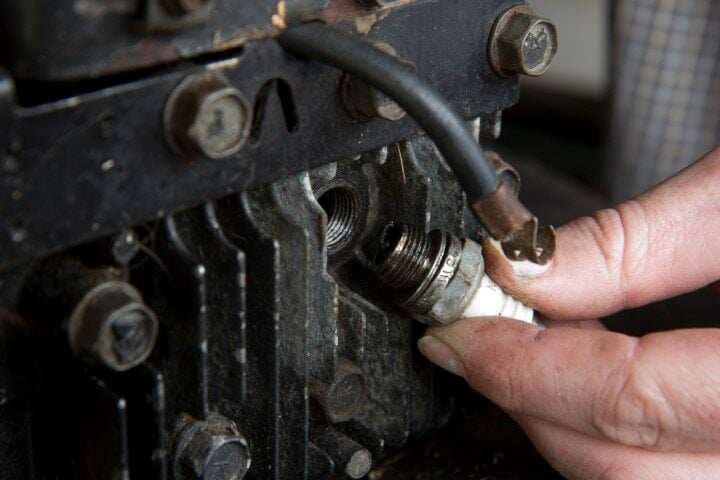
It's now four or five years on from the widespread infiltration of E10 into our fuel supply across the country. Now we're at the point where we're...
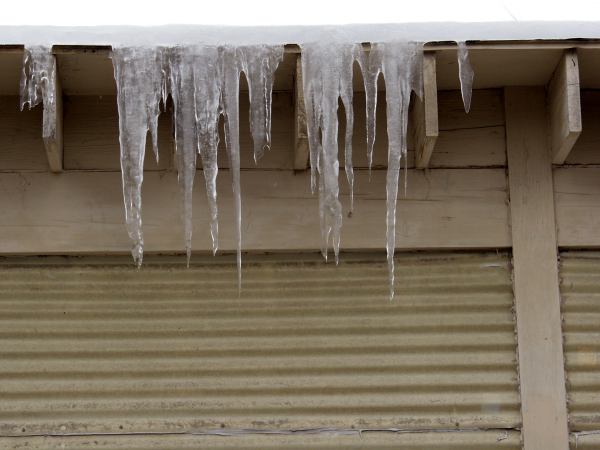
Winter is coming, so its time for many people around the country to put up their small equipment for the winter – lawn mowers and equipment, boats...